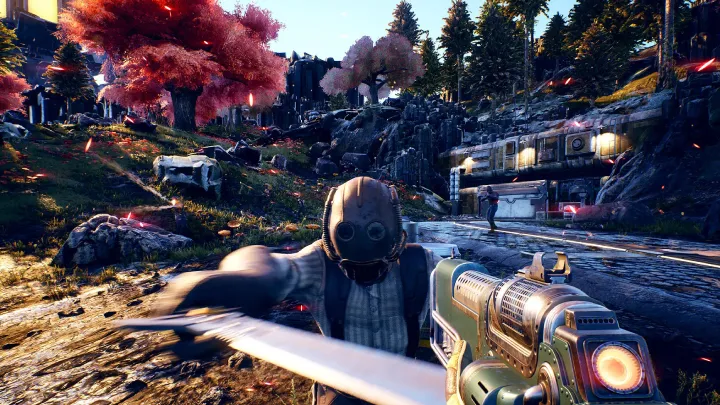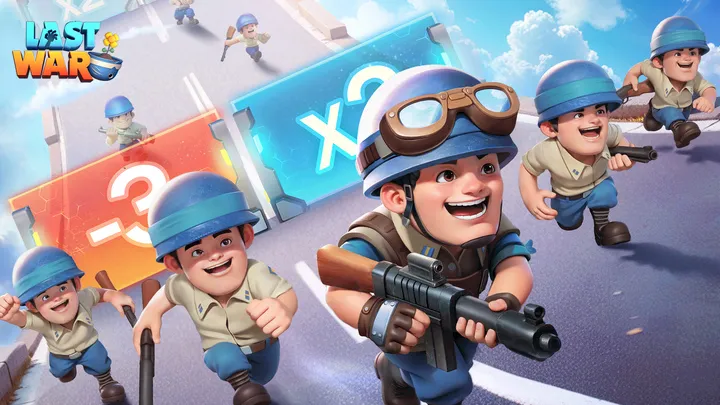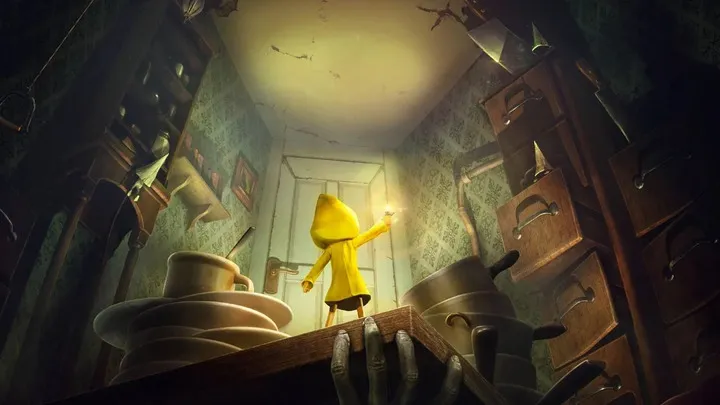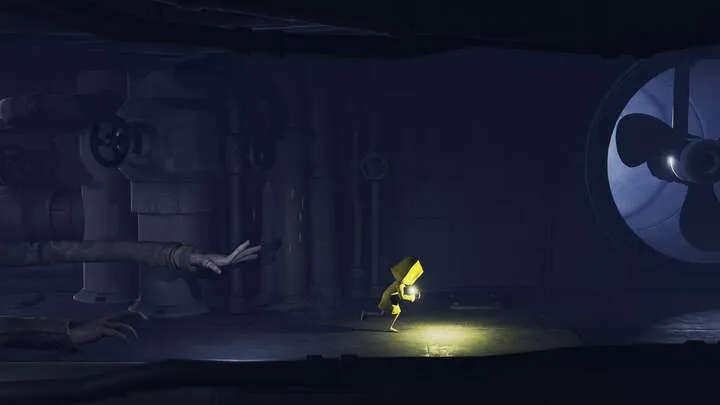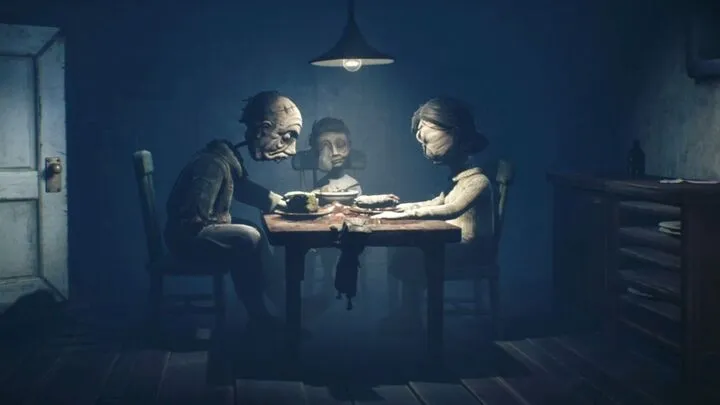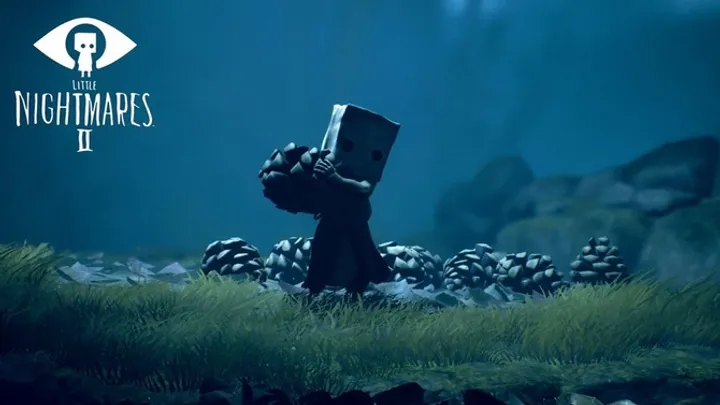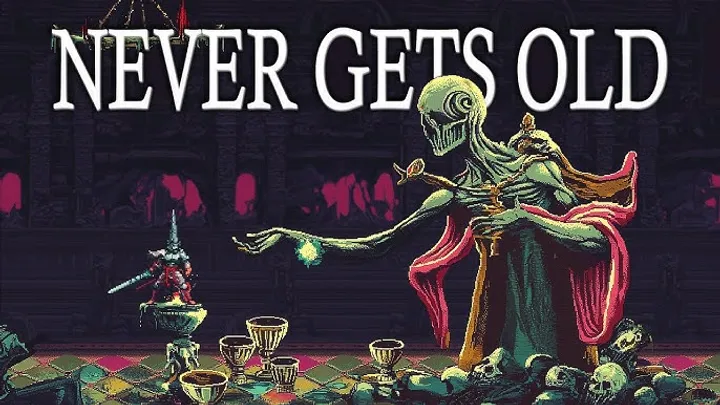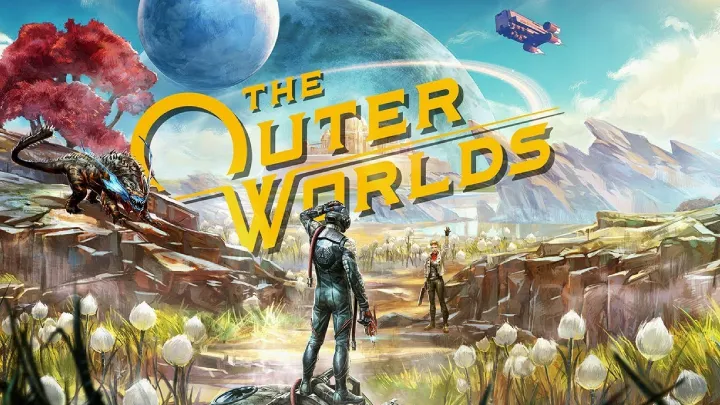
The Outer Worlds, developed by Obsidian Entertainment and released in 2019, is a standout title in the realm of action RPGs. Set in a retro-futuristic universe dominated by corporate interests, the game immerses players in a richly crafted narrative where every choice carries weight. One of the most compelling aspects of The Outer Worlds is its exploration of morality and the consequences of player choices. This article delves deeply into the mechanics of choice and consequence in The Outer Worlds, examining how player agency shapes the narrative and impacts character relationships, gameplay, and the overall experience.
The Setting: A Corporate Dystopia
Introduction to Halcyon
The Outer Worlds is set in the Halcyon colony, a far-flung outpost of humanity that is under the control of various corporations. This backdrop serves as both a playground for exploration and a stage for moral dilemmas. The setting is characterized by its vibrant yet oppressive atmosphere, where corporate logos dominate the landscape, and the rich are shielded from the consequences of their actions.
Themes of Capitalism and Control
The game critiques capitalism and corporate control, presenting a world where ethical considerations are often sidelined for profit. Players navigate a society where choices are influenced by corporate interests, prompting them to question their own morality as they make decisions that affect the lives of others.
- Corporate Influence: The pervasive influence of corporations shapes the narrative, presenting players with choices that often pit personal gain against moral considerations.
- Social Inequality: The stark contrast between the wealthy elite and the struggling working class is a recurring theme, forcing players to confront the implications of their choices.
Player Agency: The Heart of Decision-Making
Empowering Player Choice
At its core, The Outer Worlds thrives on player agency, allowing individuals to shape their narratives through a series of meaningful choices. This empowerment is evident from the game's outset as players create their character and begin to interact with the world.
Dialogue and Decision Trees
The game features a robust dialogue system that reflects the complexity of player choices. Conversations with NPCs often lead to branching paths, impacting story progression and character relationships.
- Multiple Outcomes: Players can approach situations in various ways, from diplomatic negotiations to violent confrontations, each leading to different outcomes.
- Character Skills: The skills chosen during character creation and development influence dialogue options, providing additional layers to decision-making.
Consequences of Choices
Every choice in The Outer Worlds carries consequences, both immediate and long-term. This aspect of the game encourages players to think critically about their actions and their impact on the world around them.
- Reputation System: The game employs a reputation system that tracks how players are perceived by different factions and characters. Positive or negative actions influence relationships and unlock or restrict opportunities.
- Character Development: Choices affect not only the narrative but also character development, shaping party dynamics and individual arcs.
The Complexity of Moral Dilemmas
Ethical Quandaries
The Outer Worlds presents players with a variety of moral dilemmas that challenge their ethics and values. These situations often force players to weigh their options carefully, considering the potential consequences of their actions.
Notable Moral Dilemmas
- The Choice of Factions: Players must decide which factions to support, each with its own ideologies and moral implications. Aligning with one faction often means betraying another, leading to difficult choices that can affect the entire colony.
- Corporate Ethics: Players frequently encounter situations where corporate interests clash with the welfare of individuals. For instance, players may choose between exploiting workers for profit or advocating for their rights.
- Character Loyalty: Decisions regarding companion characters can lead to moral dilemmas, such as choosing to support a companion's personal quest at the expense of greater community welfare.
The Emotional Weight of Choices
The emotional impact of these dilemmas is heightened by the game's strong character development. Players become invested in the stories of their companions and the inhabitants of Halcyon, making choices that resonate on a personal level.
- Character Backstories: Each companion has a unique backstory and personal motivations, adding depth to the decision-making process.
- Personal Stakes: The game emphasizes personal stakes, ensuring that choices feel significant and impactful.
The Role of Companions in Decision-Making
Relationship Dynamics
Companions play a vital role in shaping the player’s experience in The Outer Worlds. Their opinions and reactions to player choices provide additional layers to the narrative.
Companions’ Perspectives
Each companion has distinct values and beliefs that influence how they respond to player decisions. These reactions can lead to deeper character interactions and affect party dynamics.
- Support and Conflict: Companions may support or oppose player choices, leading to potential conflicts within the party. This dynamic adds depth to relationships and encourages players to consider the impact of their decisions on their companions.
- Character Development: As players engage with their companions, they can unlock character-specific quests that further explore moral dilemmas and personal growth.
Loyalty and Consequences
Building relationships with companions can lead to loyalty, but players must navigate their companions' moral compasses carefully. Choices that align with a companion’s values can strengthen bonds, while opposing decisions may fracture relationships.
- Character Arcs: Each companion has a personal arc that evolves based on player choices, creating opportunities for character development and emotional investment.
- Impact on Gameplay: The loyalty of companions can influence gameplay, unlocking unique abilities and options during combat and exploration.
The Impact of Decision-Making on Gameplay
Branching Paths and Outcomes
The Outer Worlds features a non-linear narrative structure, meaning that player choices can lead to multiple branching paths and endings. This design encourages exploration and experimentation.
Alternative Endings
Players can experience different endings based on their choices throughout the game. These endings reflect the consequences of decisions made during key moments, emphasizing the weight of player agency.
- Factions and Alliances: The ending players achieve can depend on which factions they choose to support or betray, leading to vastly different outcomes for the colony of Halcyon.
- Personal Choices: Individual character arcs can also culminate in unique endings, providing closure to companion storylines based on player decisions.
Replayability and Exploration
The ability to make different choices encourages replayability, as players can explore alternative paths and outcomes. This design fosters a more immersive experience, allowing players to engage with the narrative in multiple ways.
- New Playthroughs: Players may choose to replay the game to see how different decisions impact the story and character relationships.
- Exploration of Themes: Engaging with various outcomes allows players to explore the game’s themes of morality and consequence more thoroughly.
The Interplay of Humor and Morality
Balancing Tone
The Outer Worlds is known for its humor, which serves to balance the serious themes of morality and consequence. The game employs wit and satire to critique corporate culture and societal issues.
Humor as a Narrative Tool
The use of humor enhances the storytelling experience, allowing players to engage with heavy themes without becoming overwhelmed. This interplay encourages players to reflect on moral dilemmas while maintaining an enjoyable atmosphere.
- Character Dialogue: The witty banter between characters adds depth to interactions and provides comic relief during tense moments.
- Situational Humor: Situational humor arises from the absurdity of the game’s corporate dystopia, encouraging players to laugh while confronting ethical dilemmas.
Engaging Players Emotionally
The balance of humor and moral complexity engages players on multiple levels. The lighthearted moments create emotional resonance, making players more invested in the characters and their stories.
- Emotional Connections: Players are more likely to form emotional connections with characters who exhibit humor and vulnerability, enhancing the impact of moral choices.
- Reflective Experience: The combination of humor and serious themes encourages players to reflect on their moral compass while enjoying the narrative.
The Community Response to Choices and Morality
Player Discussions
The Outer Worlds has sparked vibrant discussions within the gaming community regarding its exploration of morality and player choices. Players frequently share their experiences and perspectives on forums and social media.
Diverse Perspectives
The variety of choices available in the game leads to diverse interpretations of morality. Players share their thoughts on the ethical implications of their decisions, fostering rich discussions about the game’s themes.
- Debates on Ethics: Players often engage in debates about the morality of certain choices, such as whether to side with corporate interests or advocate for the downtrodden.
- Character Choices: Discussions about companion loyalty and character arcs further enrich player engagement with the narrative.
Impact on Future Games
The success of The Outer Worlds in addressing moral complexity may influence future game development. Developers may look to incorporate similar mechanics that emphasize player agency and moral dilemmas.
- Evolution of RPGs: The Outer Worlds demonstrates the potential for RPGs to explore complex themes, encouraging developers to push the boundaries of narrative design.
- Community Engagement: The discussions sparked by the game’s moral choices highlight the importance of community engagement in shaping future titles.
Conclusion
The Outer Worlds stands as a remarkable exploration of morality, choice, and consequence within the realm of action RPGs. Its emphasis on player agency enriches the narrative, allowing players to engage with complex ethical dilemmas that resonate on personal and societal levels. The interplay of humor and serious themes enhances the experience, fostering emotional connections with characters and their stories. As players navigate the corporate dystopia of Halcyon, they are constantly confronted with the implications of their choices, making each decision feel significant. The Outer Worlds not only entertains but also prompts players to reflect on their own moral compasses, ensuring its place as a defining title in modern gaming.